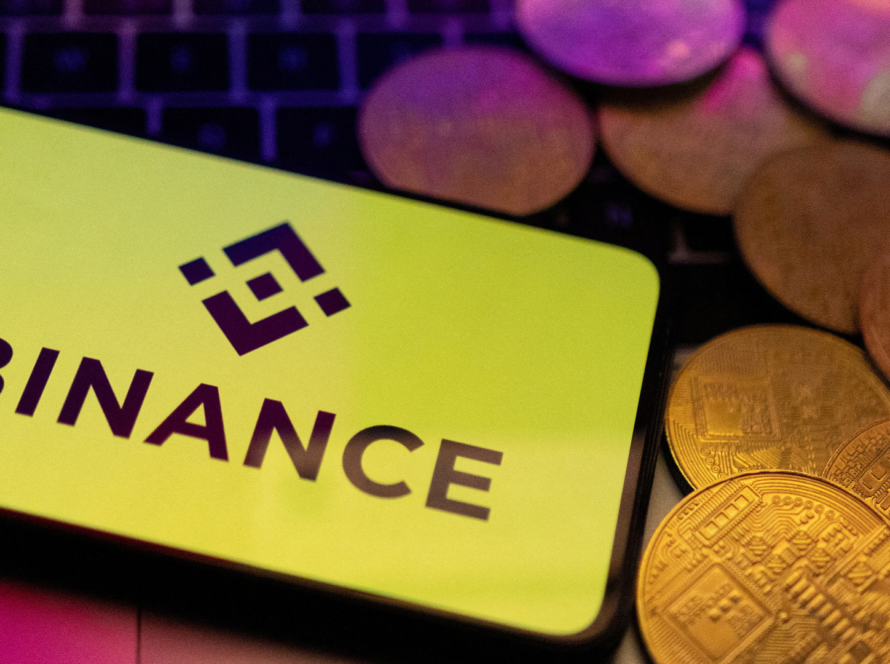The legislation seeks to prevent the issuance of a digital dollar, but Democrats have slammed the bill as “deeply anti-innovation”.
More than 130 countries are actively exploring the prospect of implementing a central bank digital currency (CBDC), but there’s one nation that is adamantly opposed: the USA.
Today, a Bill preventing the Federal Reserve and its banks from issuing a digital version of the US dollar received approval from the US Financial Services Committee, bringing it one step closer to approval.
The legislation was reintroduced by Majority Whip Tom Emmer (R-Minn) on September 12, and it will now go to the House for a vote.
Read more: Anti-CBDC bill reintroduced to Congress as GOP Whip defends right to financial privacy
In his remarks, Rep. Emmer described CBDCs as “government-controlled programmable money” which gives the federal government the ability to surveil transactions and “choke out politically unpopular activity”.
One example given by Emmer in his Wednesday remarks is Justin Trudeau’s controversial decision to halt the bank accounts of protestors during Covid – a key factor that drove Democratic nominee Robert F. Kennedy toward Bitcoin.
Emmer said, “The administration has made it clear: President Biden is willing to compromise the American people’s right to financial privacy for a surveillance-style CBDC. That’s why I’m reintroducing my landmark legislation to put a check on unelected bureaucrats and ensure the United States’ digital currency policy upholds our values of privacy, individual sovereignty, and free-market competitiveness.”
While the Biden administration hasn’t formulated any plan to introduce a CBDC, the Federal Reserve has started to conduct research into the efficacy of digital currencies, particularly in terms of monetary policy.
Other Republicans rallied on X in support of the bill.
“A Central Bank Digital Currency is a TROJAN HORSE!,” declared Rep. Ronny Jackson, a “proud” co-sponsor of the CBDC Anti-Surveillance bill.
Congressman John Rose also said that, “Congress created the Fed (almost) 110 years ago to set interest rates and regulate financial markets. Obviously, a Central Bank Digital Currency (CBDC) was not part of the equation in 1913.”
Cryptocurrencies and CBDCs have become a focal point of the upcoming US presidential election. Nominees on both sides of the political spectrum support Bitcoin, but few support the issuance of a CBDC – a central bank digital currency.
A CBDC is a digital representation of a nation’s fiat currency. They share similar technologies to cryptocurrencies like Bitcoin and Ethereum, but they are issued and controlled by a central bank, unlike decentralised legacy cryptocurrencies.
China has already started to pay some government employees in a CBDC known as e-CNY, which digitally represents the Yuan. This is a pain point for many Republicans, who believe CBDCs take “a page from Communist China’s playbook.”
Democrats opposed the bill; 0 voted ‘yes’
20 Democrats voted against the bill, with zero voting in favour. Notable figures who voted against include Maxine Waters (D-CA) and Brad Sherman (D-CA).
Waters said that the bill threatens innovation, and could ultimately threaten the dollar’s status as the world’s reserve currency if the US falls behind gigantic economies such as China.
“U.S. citizens lose out on faster, cheaper, and simpler payments,” she added.
Sherman on the other hand slammed the bill as “hypocritical” and questioned the fairness of allowing privately controlled cryptocurrencies while being averse to a central bank issued token.
Read more: Chinese city becomes first to pay employees in CBDC, but is there a privacy risk?
Ron DeSantis: “CBDCs are Big Brother’s Digital Dollar”
Back in May, Florida Governor and presidential hopeful Ron DeSantis went as far as banning CBDCs from the state of Florida, calling them “Big Brother’s Digital Dollar“.
Read more: “Big Brother’s Digital Dollar”: What are CBDCs and why has Florida banned them?.

Disclaimer: CryptoPlug does not recommend that any cryptocurrency should be bought, sold, or held by you. Do conduct your own due diligence and consult your financial advisor before making any investment decisions.




